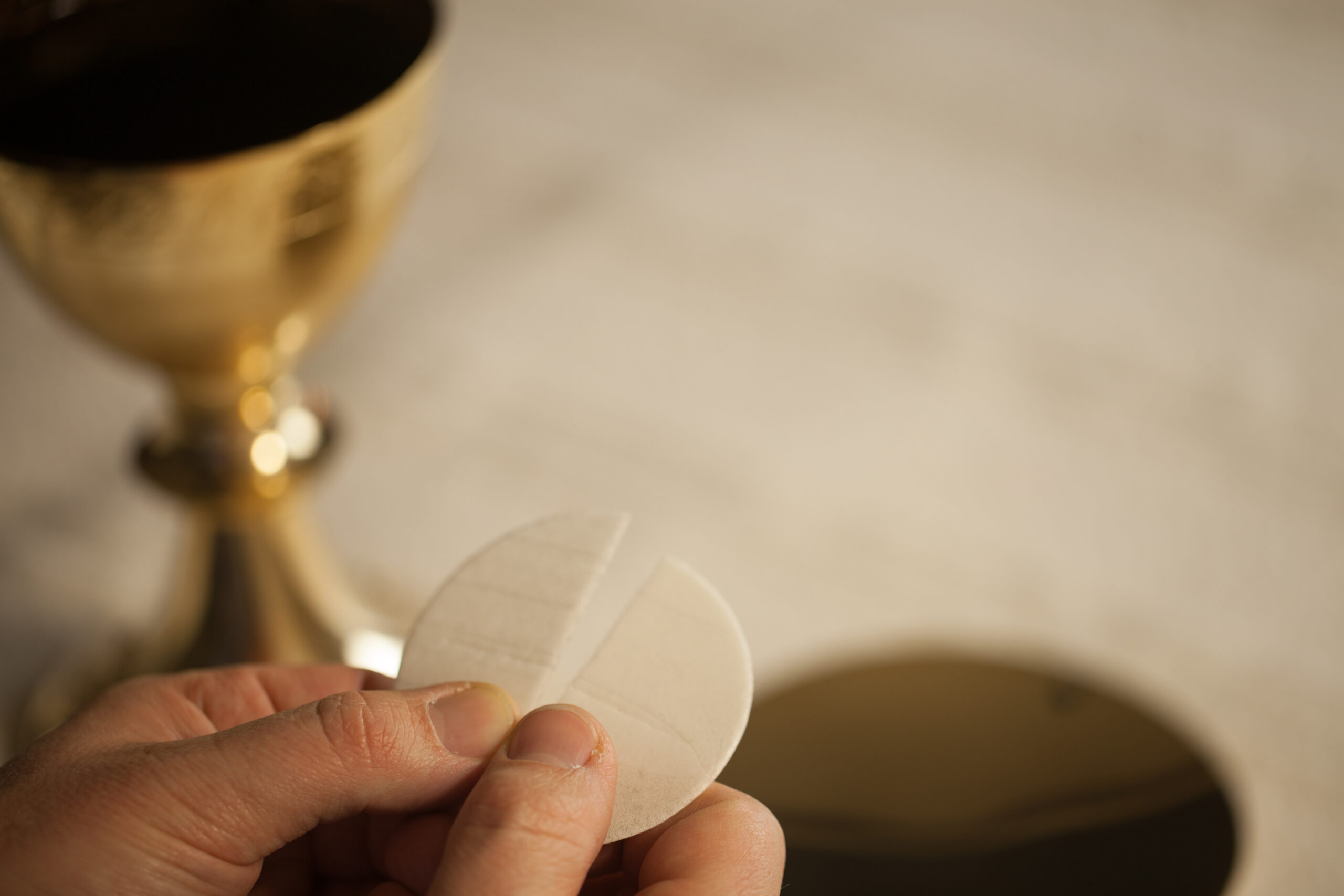In his recent article, José Granados, José Granados, DCJM, superior general of the Disciples of the Hearts of Jesus and Mary and professor of theology of the sacrament of marriage at the Pontifical John Paul II Theological Institute for the Sciences of Marriage and the Family at the Lateran University in Rome deeply contemplates the significance of Eucharist in our lives during pandemic times.
“A zero risk policy has often been required when it comes to the sacraments, while reasonable risks were permitted to obtain food or drink. This corresponds to a notion of health as the essential or primary good, for which everything else must be sacrificed. To understand health as an absolute is to relinquish a sacramental view of life. For a sacramental view of life reveals precisely its superabundance, that is, that there is more to life than its mere preservation. To live is, actually, to be always outside of oneself so that, in this way, life may be magnified and multiplied. In fact, as the fundamental sacrament of the Eucharist bears witness, life can only be obtained when it is handed over to the Father for our brothers and sisters.”
Granados further defines the sacraments that “make present what cannot be substituted for anything else, what is not useful for anything in the world, but rather exists beyond the world and gives ultimate meaning to all worldly things.”
Much as celebrating Christmas or even a birthday on a zoom call does not fully constitute a true celebration as when present with one another, Granados affirms that, “It is precisely the experience of the body as the opening of the person to the world that is decisive for understanding why the Christian sacraments cannot be received virtually.”
For those of us who are going out to dinner, enjoying fellowship and celebrations with family and friends, we are certainly capable and called to come back to the most awesome and powerful dinner celebration ever: The Eucharistic Banquet, the source and summit of all we do and believe as Catholic Christians.
If you are not yet comfortable coming back to church, please note the exceptions listed by Archbishop Vigneron on the Archdioce of Detroit website can be found here: https://www.aod.org/emergencyresponse


